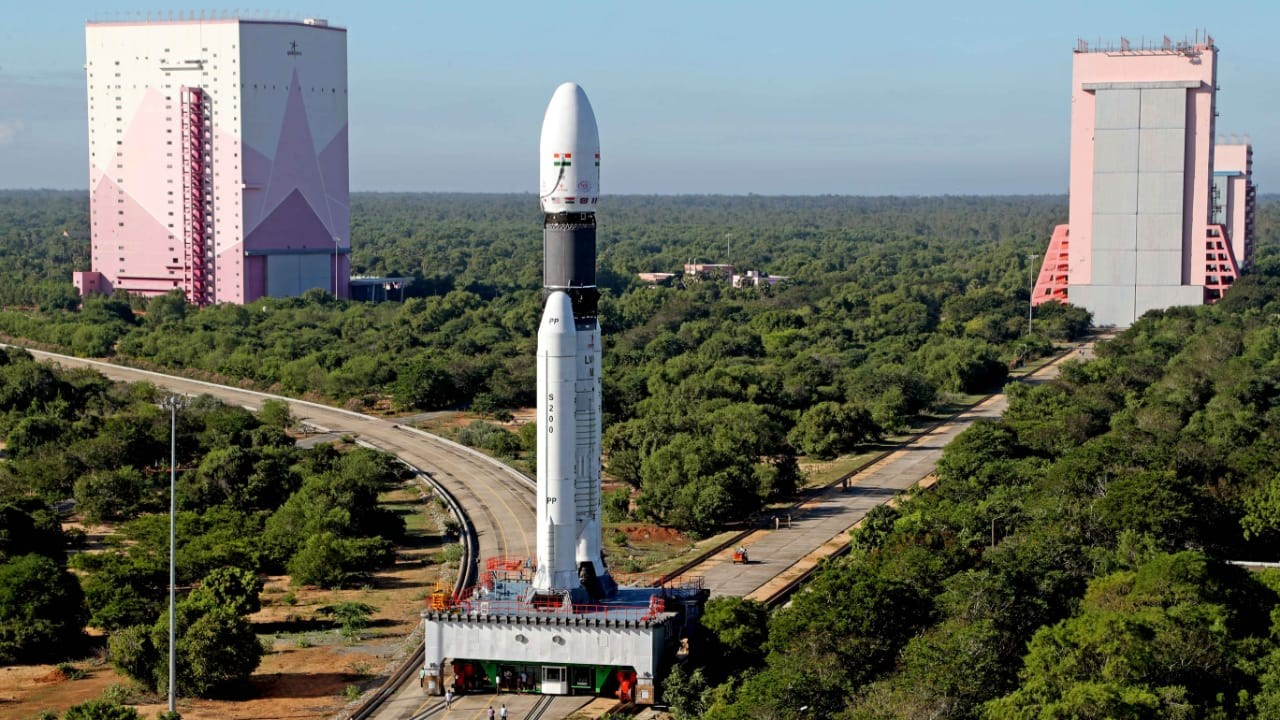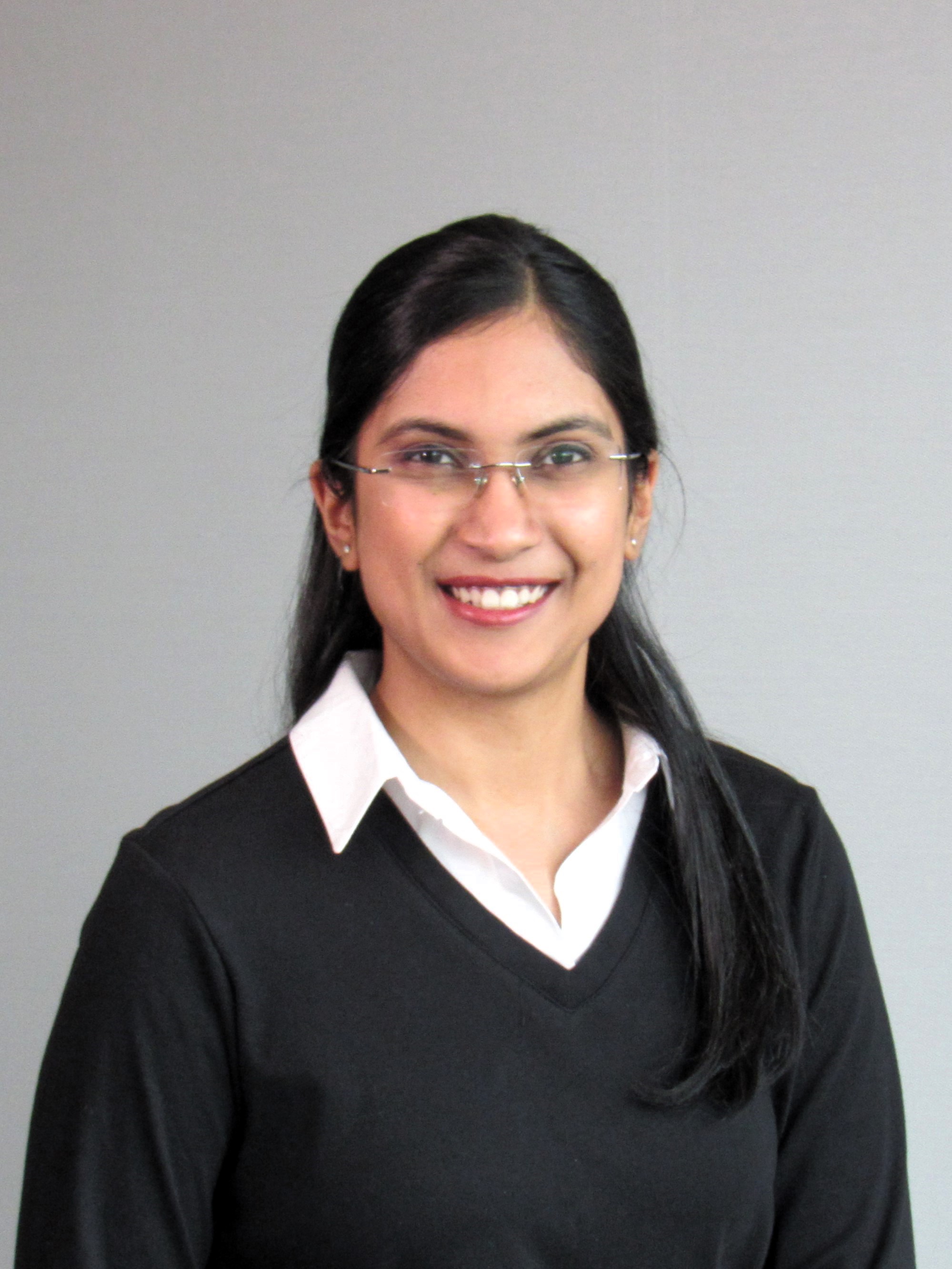India delays its 1st-ever Gaganyaan astronaut launch to 2026
"I don't want what happened to the Boeing Starliner, so we should be very careful."

India plans to launch astronauts for the first time no sooner than 2026, roughly a year past the previously known timeline, following a series of uncrewed flight tests slated to begin in December.
Speaking at an invited talk in New Delhi last week, S. Somanath, the chairman of the Indian Space Research Organisation (ISRO), attributed the delay to extreme caution being taken to ensure the crew's safety as well as challenges in developing homegrown technology for the mission.
"There are complex systems in the Gaganyaan program," he said. "We are developing each one of them through a systematic process."
"I don't want what happened to the Boeing Starliner, so we should be very careful," Somanath told reporters at ISRO's Bengaluru Space Expo in September, according to NDTV. Starliner launched two astronauts to the International Space Station this past June but suffered thruster issues and ended up landing in September without any crewmembers on board.
Related: India to launch Gaganyaan crew capsule test flight by end of 2024
The crewed flight, known as H1, will carry one or two astronauts to low Earth orbit, at roughly 250 miles (400 kilometers) above the planet. If successful, India will become only the fourth country to independently launch people into space, after the United States, Russia and China.
ISRO has conducted a number of major tests in recent years, including verifying uncrewed emergency escape systems and recovery procedures. In recent months, the space agency has been gearing up for its first uncrewed test flight meant to validate technology ahead of crewed missions.
Get the Space.com Newsletter
Breaking space news, the latest updates on rocket launches, skywatching events and more!
The crew and service modules are being transported from ISRO's research centers in Kerala and Karnataka to ISRO's spaceport in Sriharikota, Andhra Pradesh, said Somanath.
The scheduled test flight comes four years past its original timeline, in part due to challenges brought by the outbreak of the COVID-19 pandemic. ISRO repurposed some of its resources, including liquid oxygen tanks and medical equipment, to help the country's strained healthcare system.
The upcoming uncrewed demonstration, called G1, will test crew and service modules, reentry, parachute deployment and a safe splashdown in the Bay of Bengal. While uncrewed, G1 will also ferry a humanoid robot named Vyomitra (Sanskrit for "space friend") for validating the technology.
The program recently added a fourth uncrewed test flight after the Indian government allocated an additional 111 billion rupees (about $1.32 billion US at current exchange rates) to the program. If G1 goes per plan in December, the subsequent three test flights are expected to be completed by 2026, ISRO previously said.
Meanwhile, one of the H1 mission's astronauts, Indian Air Force test pilot Shubhanshu Shukla, is training with Houston company Axiom Space ahead of a two-week mission to the International Space Station. Shukla will assist with spacecraft operations such as navigation and docking, Peggy Whitson, the former NASA astronaut who's serving as the mission's commander, told The Times of India.
Editor's note: Due to a production error, this story originally was posted with the text of an article about an asteroid-mining company. This mistake was fixed at 6:30 p.m. ET on Nov. 4.
Join our Space Forums to keep talking space on the latest missions, night sky and more! And if you have a news tip, correction or comment, let us know at: community@space.com.

Sharmila Kuthunur is a Seattle-based science journalist focusing on astronomy and space exploration. Her work has also appeared in Scientific American, Astronomy and Live Science, among other publications. She has earned a master's degree in journalism from Northeastern University in Boston. Follow her on BlueSky @skuthunur.bsky.social









